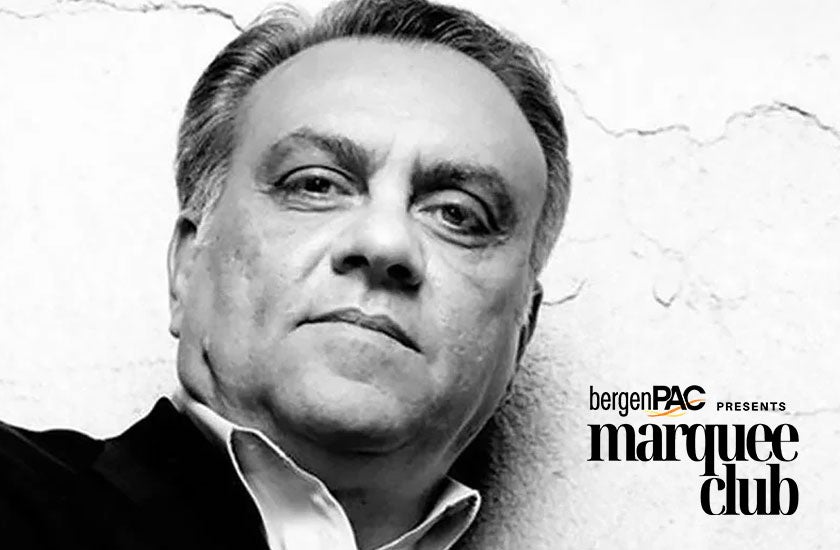By Gary Wien
originally published: 02/01/2007

Roberto Duran was born into poverty in the Panama Canal Zone and grew up on the streets. He learned to fight to survive and gained a reputation as someone willing to fight anyone. Ironically, to millions of boxing fans, this ultimate symbol of bravado - the man they called "Hands Of Stone" - will forever be remembered for words uttered during a fight he knew he would lose.
"No mas... No Mas."
The words haunt him to this very day, but according to a new book by Christian Giudice, the words were never even spoken.
Milo Books has recently released "Hands Of Stone" by Giudice. It is the first book about the life of Roberto Duran. Giudice, a Haddonfield native who now lives in Philadelphia, is a former sports writer for the Gloucester County Times. He's also written for boxing related publications like Boxing Digest and fightnews.com.
"I have covered all sports, but boxing is the sport that I love," said Giudice. "I grew up with the sport. My father used to take me to fights when I was 11 or 12 years old and I never lost the passion. There was something exciting about going to the casinos to watch a fight that attracted me."
Giudice said he was interested in writing a book on Duran because he always piqued his interest due to his ferocity, skills, and indifference in the ring. He regards him as one of the finest boxers of any generation although he admits that at 32, his opinion differs from those who saw earlier fighters perform.
"As a lightweight (135 pounds), he was the best I've ever seen. Some old-timers rate Duran below earlier generation fighters like Benny Leonard, but I can only go by the fighters I've seen. If you look at the longevity of his career, he has few peers. In the past 20 years, I rate him in no specific order with Marvin Hagler, Sugar Ray Leonard, Thomas Hearns, and Julio Cesar Chavez. I put Floyd Mayweather, Jr., who is still fighting, somewhere in that group as well."
Giudice interviewed Duran's family and closest firends, many of his opponents, and even the fighter himself, to separate truth from myth. To do so he had to travel to Panama several times, each time making new connections while there.
"Initially, it was very difficult," he said. "When I went to Panama, I felt lost. I didn't know anyone, so I just traveled from gym to gym trying to meet people. At times, it was a little overwhelming, especially since the gyms were in dangerous areas of Panama City. But people began to recognize me and help me out. The people of Panama are extremely welcoming people."
One of the most difficult things was overcoming the language barrier. It got so bad that he enrolled back in school to take a few months worth of intensive Spanish classes at Temple University.
The lessons paid off as he was able to interview Duran a few times and got the information needed to make the book a reality.
"I learned that Duran was nothing like he was portrayed in the ring. Outside the ring, he was just one of the guys. That hatred that fueled him in the ring was necessary for him to succeed, but he was so generous and giving outside of it. That's why the people of Panama love him."
The book's release hit upon some fortunate timing when it was learned that Duran was to be inducted into the International Boxing Hall of Fame (Canastota, New York) in June. That should help put his name back into the news some more and lead people to search for more information on the boxer. When they search the Internet they'll find tons of references to the "No Mas" fight with Sugar Ray Leonard and they'll find Giudice's book.
Giudice also lucked out with the book hitting stores at the same time a new "Rocky" film starting playing theatres around the country. Duran and Rocky both share similar stories of rising from nothing to champion.
"When you come from the street and fighting is all you know, boxing seems like the ideal way to funnel your anger in a positive manner. So many of these fighters started as "streetfighters" and then got picked off the street by a trainer or manager. Most gyms are located in these low-income areas, and the sport is cheap and easy to get involved with. In some instances there is that thrill of a quick fix or big payday somewhere down the line. Unfortunately, when the careers end, there is nowhere to turn."
Gary Wien has been covering the arts since 2001 and has had work published with Jersey Arts, Upstage Magazine, Elmore Magazine, Princeton Magazine, Backstreets and other publications. He is a three-time winner of the Asbury Music Award for Top Music Journalist and the author of
Beyond the Palace (the first book on the history of rock and roll in Asbury Park) and
Are You Listening? The Top 100 Albums of 2001-2010 by New Jersey Artists. In addition, he runs New Jersey Stage and the online radio station
The Penguin Rocks. He can be contacted at
[email protected].
FEATURED EVENTS
To narrow results by date range, categories,
or region of New Jersey
click here for our advanced search.








